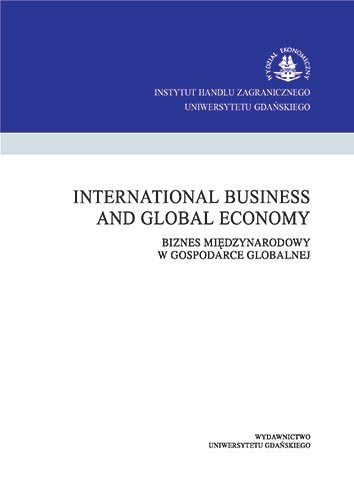Foreign direct investment in Tunisia: Performance, policies, prospects
Foreign direct investment in Tunisia: Performance, policies, prospects
Author(s): Hans H. BassSubject(s): National Economy, Business Economy / Management
Published by: Wydawnictwo Uniwersytetu Jagiellońskiego
Keywords: catching-up industrialization; capital formation; global value chains; technology transfer
Summary/Abstract: Around the turn of the millennium, Tunisia achieved sizeable rates of economic growth. Given the additional fact of an increasing financial deepening and an emerging industry, the country had been considered by many observers as one of the ‘African Lions.’ However, even before the Arab Spring movements started in Tunisia, the average growth rate was still far from the rate required for a fast catch-up with high income economies. This article aims at analysing the role which foreign direct investment (FDI) has played and can play in spurring economic growth in Tunisia. It analyses domestic saving and investment as well as presents patterns of FDI and present promotional policies. The author argues that foreign direct investment can help to overcome some constraints in capital accumulation and even contribute to ‘inclusive growth,’ i.e., a regionally, socially, and inter-generationally balanced growth pattern. There are, however, two preconditions: capital inflows must be directed by appropriate promotional policies and Tunisia must insulate itself from any negative repercussions from the present political unrest in the Middle East and North African region.
Journal: International Business and Global Economy
- Issue Year: 34/2015
- Issue No: 1
- Page Range: 34-49
- Page Count: 16
- Language: English

